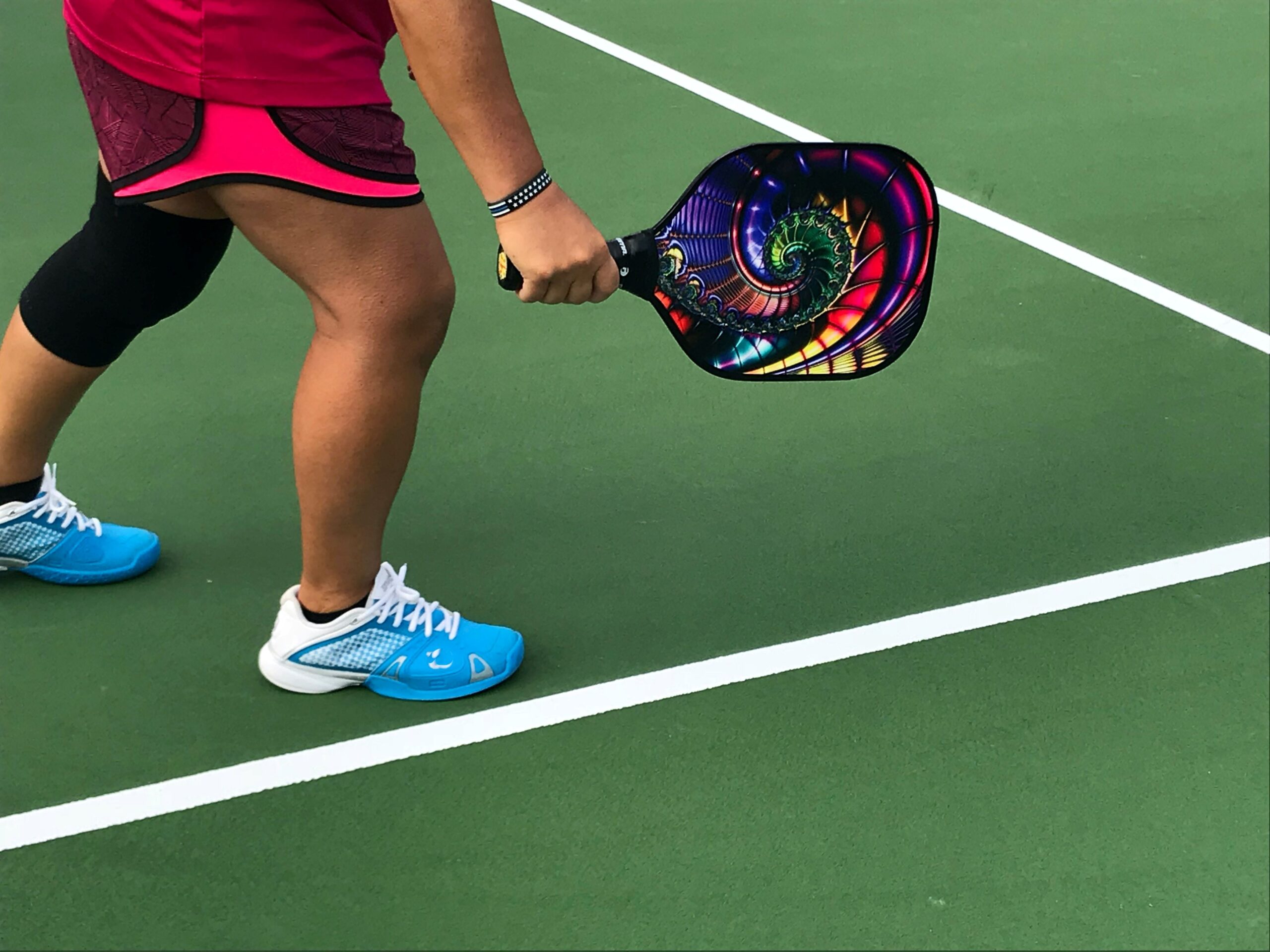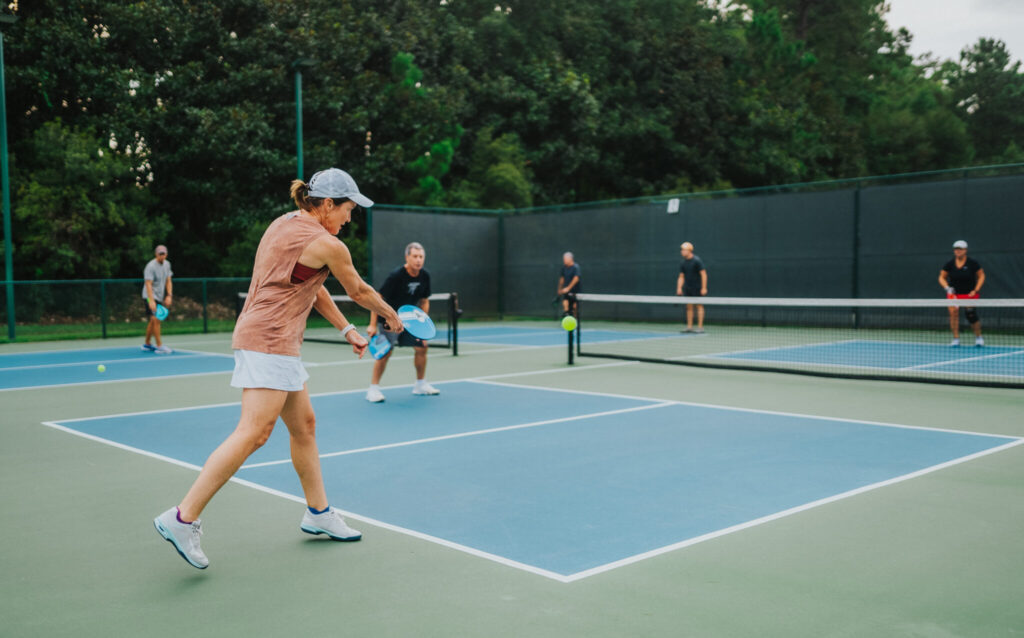Physical Address
304 North Cardinal St.
Dorchester Center, MA 02124
Physical Address
304 North Cardinal St.
Dorchester Center, MA 02124

Pickleball is a fast-paced game, and sometimes, making accurate line calls can be tricky. Whether you’re playing in a friendly match or competing in a tournament, knowing how to handle line calls with fairness and good sportsmanship is crucial. Not only does it keep the game enjoyable, but it also prevents disputes that can ruin the fun. In this post, we’ll cover best practices for making pickleball line calls, how to deal with disagreements, and how to ensure fair play on the court.

Before diving into best practices, it’s important to have a solid understanding of the basic line call rules in pickleball. Here are a few key points to remember:
Why it matters: Knowing the rules and applying them correctly ensures that line calls are fair and accurate, reducing the chance of unnecessary arguments.
One of the core principles of pickleball is sportsmanship. Whether you’re playing a casual game or in a competitive setting, it’s essential to be honest when making line calls. Here’s how to stay objective:
Why it matters: Honesty keeps the game enjoyable and builds trust between players, ensuring that everyone feels the game is being played fairly.
Good communication can make all the difference in handling line calls smoothly. Whether you’re calling a ball in or out, it’s important to make your calls clear to both your partner and your opponents:
Why it matters: Clear communication prevents confusion and ensures everyone is on the same page, reducing the likelihood of disagreements.
Disagreements about line calls are bound to happen, especially during competitive matches. How you handle these situations can make a big difference in maintaining a friendly atmosphere:
Why it matters: Handling disagreements with grace keeps the focus on the game itself and helps preserve a friendly and respectful atmosphere on the court.
Just as you expect your opponent to trust your line calls, you should trust theirs in return. If your opponent makes a call and you disagree, it’s important to respect their decision unless you have clear evidence that the call was incorrect:
Why it matters: Mutual trust between players ensures that line calls don’t become a point of contention and keeps the game enjoyable for everyone.
In some competitive pickleball settings, especially at the professional level, video replay may be available to resolve disputed line calls. However, this is rare in casual play. If you’re playing in a setting where video replay is available, be aware of the following:
Why it matters: Video replay can help ensure accuracy in line calls, but it should only be used when necessary to keep the game flowing smoothly.
Like any skill in pickleball, making accurate line calls can improve with practice. During practice games, make a conscious effort to focus on the lines and call balls accurately. Over time, this will help sharpen your eye for line calls and reduce hesitation during matches:
Why it matters: Practicing line calls helps build confidence in making quick and accurate judgments during real games.
Final Thoughts
Making fair and accurate line calls is essential for keeping pickleball fun and competitive. By understanding the rules, communicating, handling disputes with grace, and staying honest, you can ensure that everyone enjoys the game. Whether you’re playing in a friendly setting or a high-stakes tournament, following these best practices, will help you become a trusted and respected player on the court.